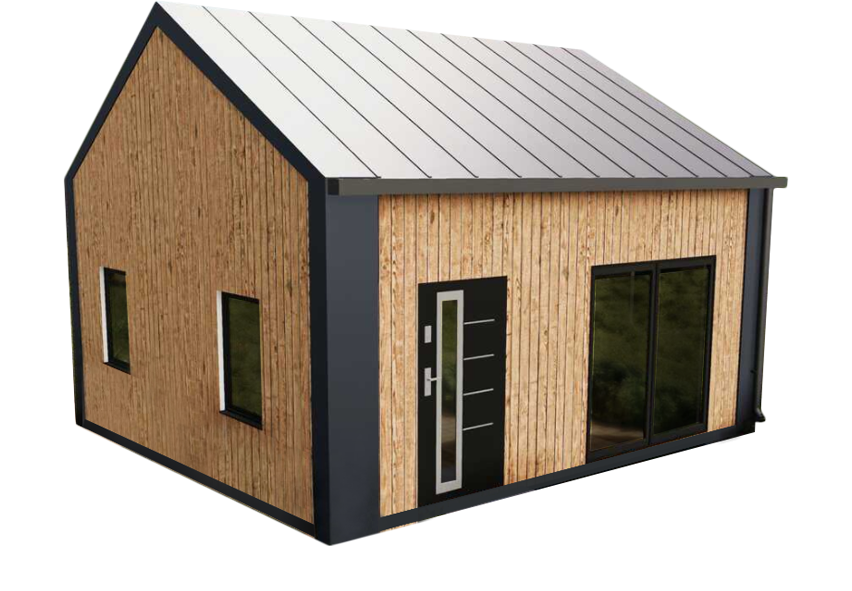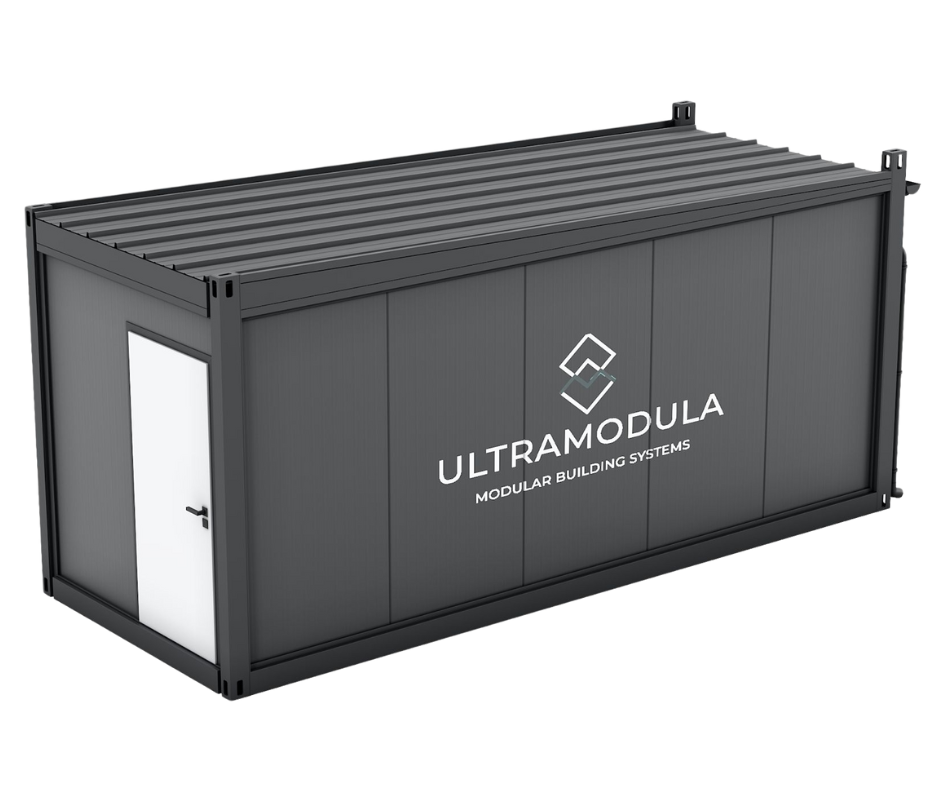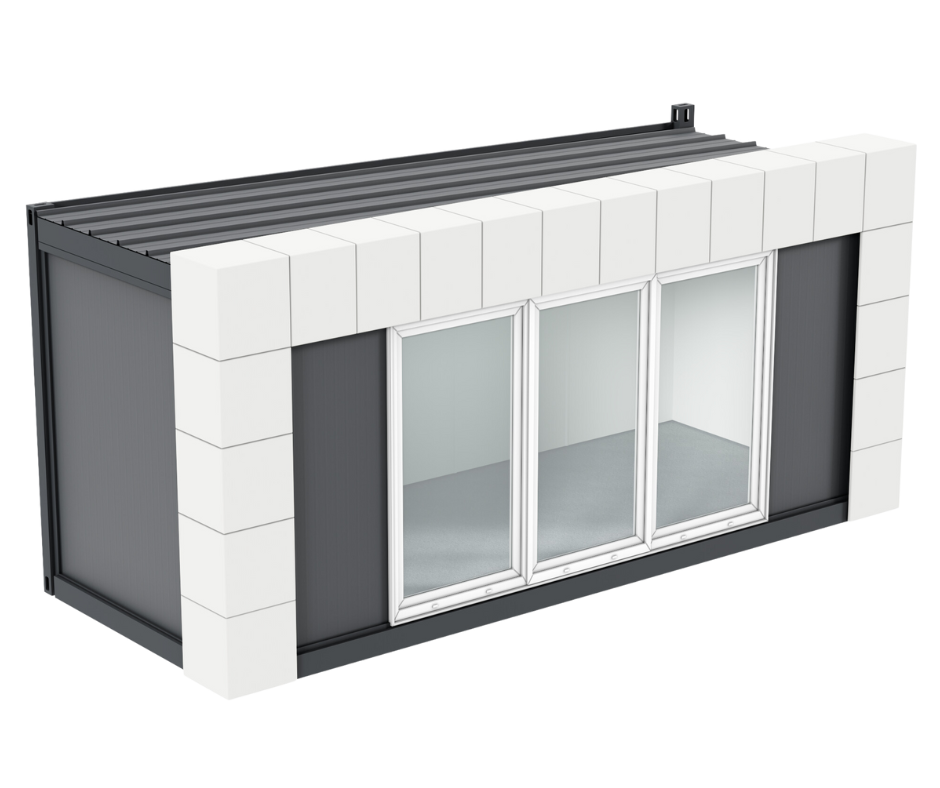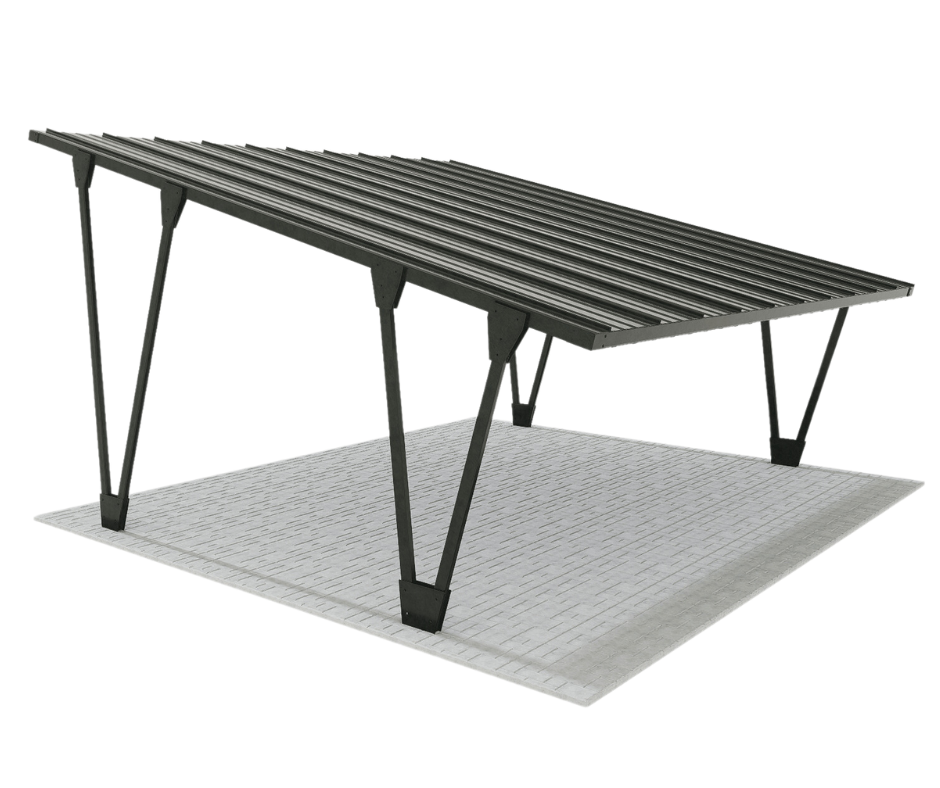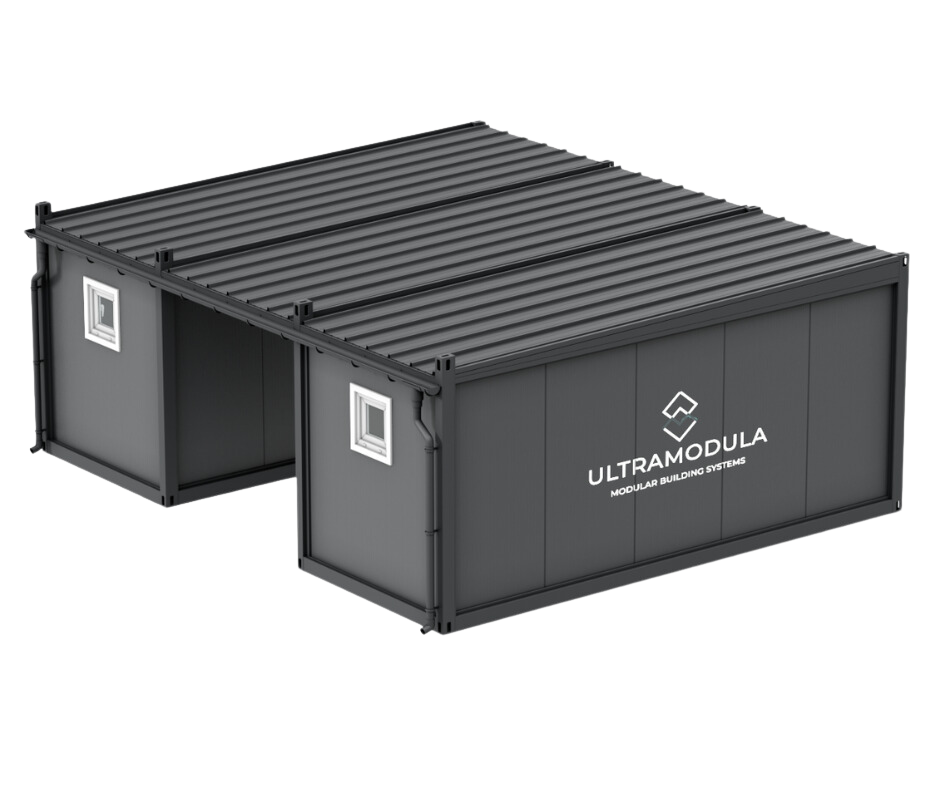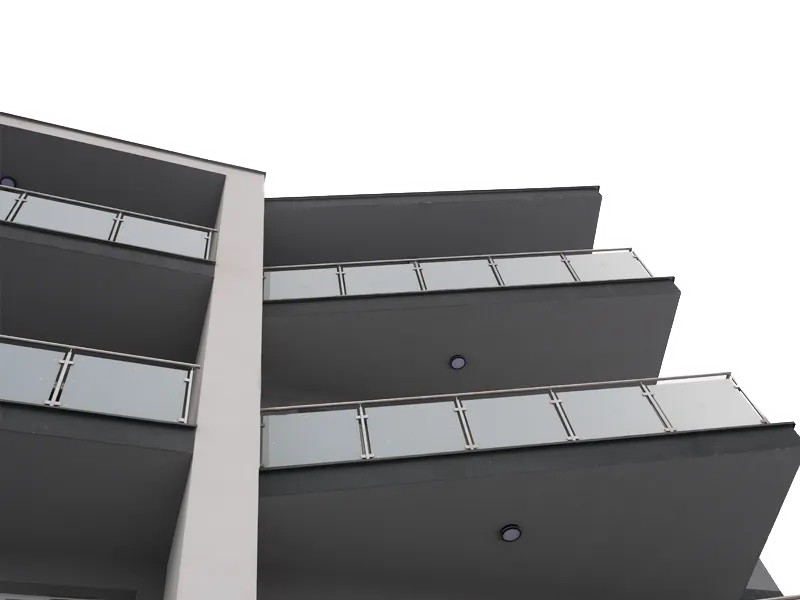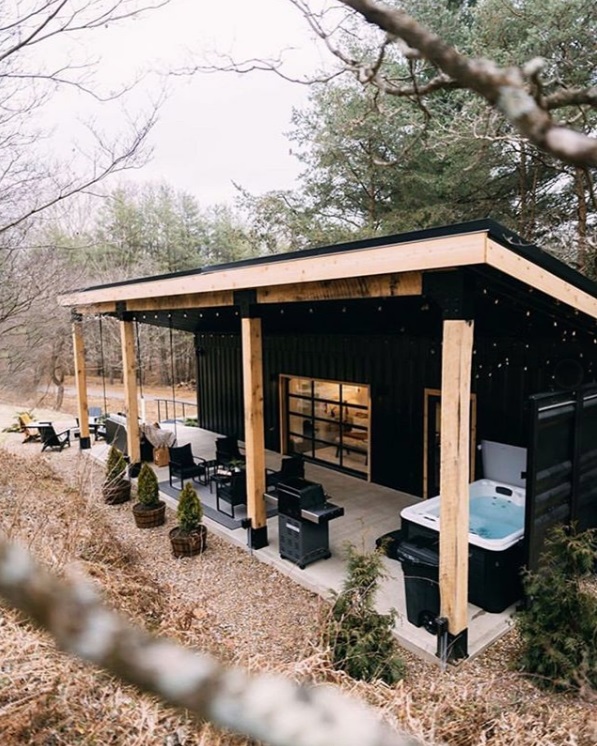
Low purchase and use price containers housing makes them an increasingly popular choice among people who want to finally "go on their own" - especially in the era of economic uncertainty and very high prices on the housing market. This solution, in addition to lower costs, also has a number of other advantages, such as the ability to move to another location or ease of expansion. How containers are perceived in the light of Polish law and what do you need to remember when deciding on this solution? You will learn about it from this article.
What is a living container?
Container residential it's specially designed and equipped sea container, adapted to residential needs. Just like a classic apartment, it has insulation: thermal, acoustic, electrical, water and sewage, windows and doors as well as interior finishing. It is easy to transport and assemble, as well as flexible in designing and shaping the space - the containers can be combined with each other in various configurations and adapted to individual needs and preferences. Thanks to this, they meet a number of different needs and are easy to adapt to various applications - they work well as both fully comfortable and high-quality domy single-family, as well as temporary, cheap residence for a single. Their advantages are also appreciated by entrepreneurs, who use them, for example, as employee quarters.
Habitable containers meet all the standards it should meet sun – from thermal comfort, through good sound insulation, to access to water and are suitable for use all year round.
Does a residential container require a building permit?
The answer to this question is not unambiguous and depends on several factors. First of all, it is necessary to distinguish between temporary and permanent containers. Temporary containers are those that are not permanently attached to the ground and are intended for relocation or demolition within a certain period. Permanent containers are those that are permanently attached to the ground and perform a function building permanent residence.
According to Art. 29 sec. 1 point 12 of the Building Law Act, a building permit is not required building temporary construction objects, not permanently connected to the ground and intended for demolition or transfer to another place within the period specified in the notification referred to in Art. 30 sec. 1, but not later than within 180 days from the date of commencement construction specified in the application. In this case, it is enough to report the placing container to the relevant architectural and construction administration body and obtain its approval. In this case, it is important to move or dismantle the building and restore the plot or area to its previous condition within 180 days.
However, if the container is to be used as a residential building for more than 180 days, it is not considered a temporary facility and usually requires a building permit.
The only situation in which you will not need a building permit if the container is used for more than 180 days is when it does not meet the definition set out by law construction. Whether living container meets this definition - it is not always clear, and the provisions may be subject to individual interpretation by the decision-making body.
How to obtain a building permit for a residential container?
An application for a building permit should be submitted to the competent architectural and construction administration body, i.e. the poviat starosty or the city office. Individual offices sometimes have different requirements as to what documents must be submitted when applying for a permit, so it is best to contact the office before submitting the application to avoid unnecessary stress and potential loss of time related to not providing all the necessary documents.
Despite the individual requirements of the offices, in most cases it will be necessary to provide the following documents:
- a statement on the right to dispose of the real estate for construction purposes
- building design of a residential container with a certificate of its compliance with the construction law and technical conditions
- plot or area development plan
- decisions and opinions required by law, e.g. decision on development conditions, decision on environmental conditions, opinion of the sanepid
- consent of the owner of the utilities network
- proof of payment of stamp duty
After submitting the application, the competent authority has 65 days to issue a decision on the building permit or refuse to issue it, and the decision is valid for 3 years from the date it becomes final. After obtaining a building permit, you must notify the commencement of construction works at least 7 days before their commencement.
Is the living container subject to property tax?
Unfortunately, the answer to this question is not unambiguous. In theory, it depends on whether the container meets the criteria of a building object and meets the definition of a structure or a building.
Pursuant to the Act of 7 July 1994, a construction object is a building, construction or small architecture object, together with installations ensuring the possibility of using the object in accordance with its intended purpose, erected with the use of construction products.
Real estate tax applies only to those constructions that are considered buildings or structures. A building is a structure with walls and a roof, separated from the space by building partitions and permanently connected to the ground. A building is a construction object other than a building or a small architecture object.
In practice, however, the law in this regard is not entirely clear, and the decision to recognize a residential container as a building or structure is often subject to individual interpretation by the tax authorities or the administrative court. If you are in doubt as to whether your mobile home requires you to pay property tax, it is best to consult a solicitor.
How to avoid property tax for a residential container?
If you want to avoid being charged with real estate tax for a residential container, you must ensure that it is not permanently attached to the ground and does not have the characteristics of a building or structure - the most effective solution is often to place the container on wheels or supports.
However, you must remember that such a solution does not give any guarantee, and the decision to charge a residential container with real estate tax or not will still depend on the individual interpretation of the decision-making body.
Summation
In this article, we have provided basic information about habitable containers in the light of the law - which, unfortunately, is not always unambiguous. Whether a residential container requires a building permit and real estate tax payment depends primarily on whether it meets the definition of a building or structure. However, this is often subject to individual interpretation by the decision-making body.
Regardless of the decision of the tax authority or administrative court - the purchase, installation and use of a residential container is much cheaper and simpler than in the case of a classic container. house. If you are considering a purchase and you are not sure if a residential container is the right choice for you - contact us and we will answer all your questions and help you make the right decision tailored to your needs.
Check out our offer of residential containers:

